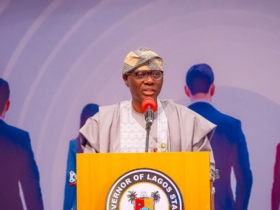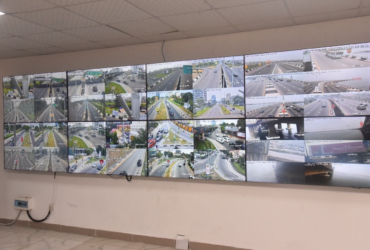The Director General of the Manufacturers Association of Nigeria addressed the challenges faced by companies due to electricity tariff hikes. The increase in tariffs has impacted various sectors of the economy, leading to decreased operational capacity for many businesses. The cost of electricity has become a significant portion of manufacturing expenses, affecting profit margins and overall productivity.
To mitigate the effects of the tariff hike, companies are exploring alternative energy sources like solar power. However, the transition to alternative sources requires substantial investment, posing a challenge for many businesses. The DG emphasized the importance of a diverse energy mix to ensure operational continuity.
Regarding the recent minimum wage increase, the DG acknowledged the potential strain on businesses, especially smaller enterprises. While some companies may struggle to meet the new wage requirements, there are provisions in place to support smaller businesses exempt from the minimum wage law.
In response to nationwide protests and economic concerns, the DG emphasized the importance of constructive engagement with the government to address issues such as rising commodity prices and food insecurity. He highlighted the need for collaborative efforts to find sustainable solutions and improve economic conditions.
The discussion also touched on the significance of local refinery operations in reducing dependency on imported petroleum products. The DG expressed optimism about the positive impact of domestic refinery projects, including the Dangote Refinery, on the country’s energy sector.
In conclusion, the DG underscored the importance of promoting domestic production to strengthen the naira and stabilize the exchange rate. He also cautioned against hasty decisions, such as reopening borders, without considering the long-term implications on local industries and agricultural production.














Leave a Reply